Adresse
304, rue Cardinal Nord
Centre Dorchester, MA 02124
Heures de travail
Du lundi au vendredi : 7h - 19h
Week-end : 10h - 17h

Dans les environnements chirurgicaux modernes, le rôle des ponts suspendus médicaux est primordial. Ces structures suspendues sophistiquées sont essentielles pour optimiser l'espace, améliorer l'efficacité du flux de travail et garantir des soins optimaux aux patients pendant les interventions chirurgicales. Ce blog complet explore les composants essentiels, les avantages, les diverses applications, les considérations de mise en œuvre et bien plus encore concernant les ponts suspendus médicaux pour salles d'opération.
Medical pendant bridge systems serve as central hubs in surgical rooms, providing essential support for medical equipment while maximizing available space and facilitating seamless workflows.
A typical medical pendant bridge comprises several crucial components that cater to the specific needs of surgical environments:
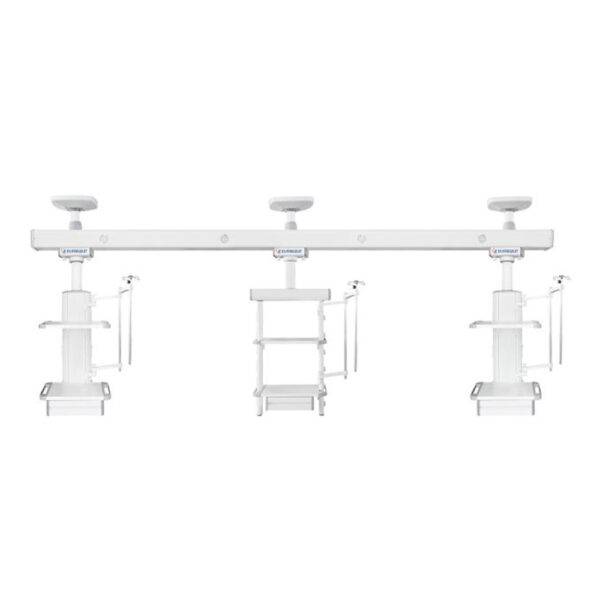

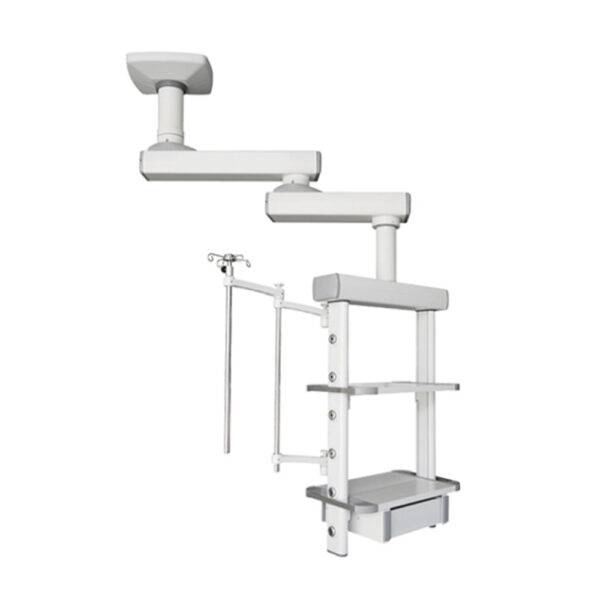


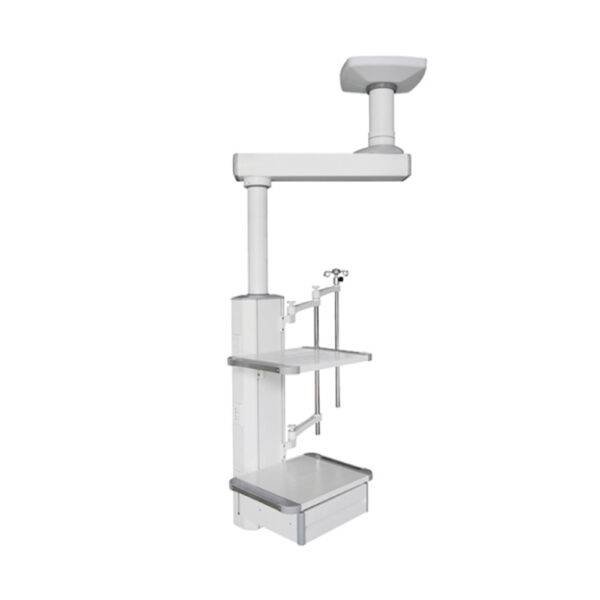
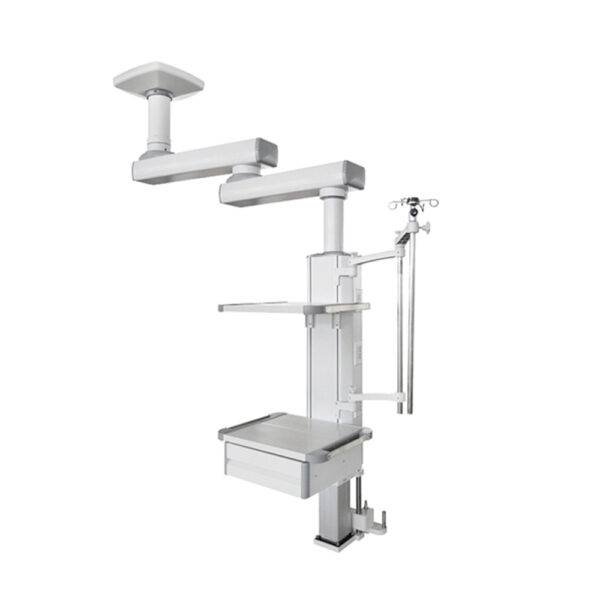
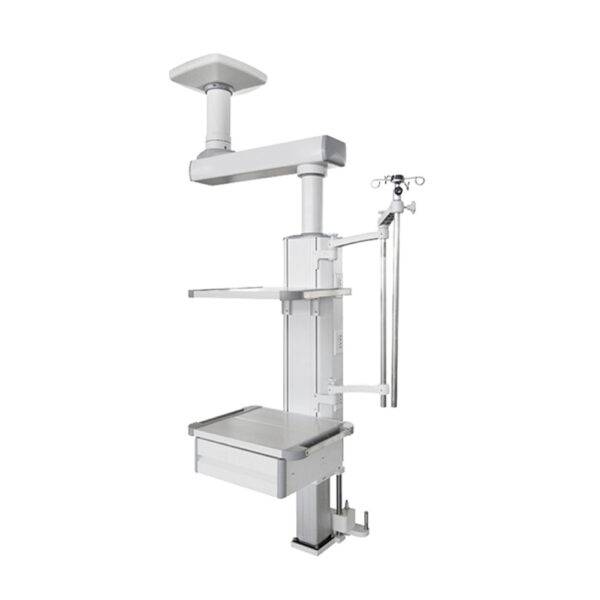
The integration of medical pendant bridge systems offers numerous benefits, enhancing both operational efficiency and patient care outcomes.
Efficiency in surgical workflows is significantly enhanced by medical pendant bridges through:
Patient care is augmented through enhanced safety protocols and monitoring capabilities:
The versatility of medical pendant bridge systems extends beyond surgical rooms, encompassing a wide range of healthcare settings where precise equipment management is crucial.
In surgical rooms, medical pendant bridges are indispensable for:
In intensive care units (ICUs), medical pendant bridges facilitate:
Emergency rooms benefit from medical pendant bridges by:
| Caractéristique | Avantages | Applications |
|---|---|---|
| Gas Outlets | Dispense medical gases such as oxygen and nitrous oxide. | Surgical rooms, ICUs, emergency rooms |
| Prises électriques | Provides power supply for surgical tools and equipment. | Operating theaters, critical care units |
| Monitor Arms | Supports monitors for displaying patient information. | Intensive care units, emergency rooms |
| Equipment Shelves | Stores surgical instruments and supplies within reach. | Operating theaters, emergency rooms |
| Service Rails | Allows customization and addition of accessories. | Surgical rooms, critical care units |
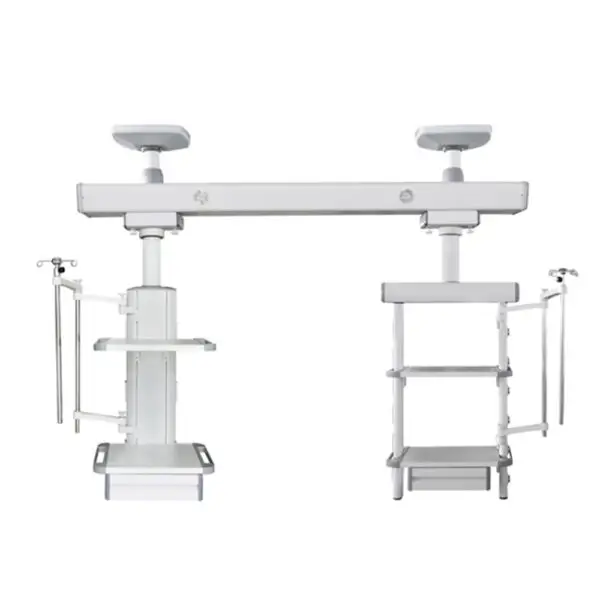
Successful implementation of medical pendant bridge systems requires careful consideration of various factors to ensure optimal functionality and compliance with healthcare standards.
Medical pendant bridge systems represent a cornerstone of modern surgical room infrastructure, enhancing operational efficiency, patient care, and safety. By leveraging their capabilities to optimize equipment management and workflow organization, healthcare facilities can significantly improve surgical outcomes and overall patient satisfaction.
Q : Que sont pendentif médical bridge systems?
A:Medical pendant bridge systems are overhead structures in surgical rooms that support medical equipment, gas outlets, electrical supplies, and monitors.
Q:What are the benefits of using surgical room medical pendant bridges?
A:Benefits include space optimization, enhanced workflow efficiency, and improved accessibility to critical equipment during surgeries.
Q:Where are pendentif médical bridge systems used besides surgical rooms?
A:They are also utilized in ICUs, emergency departments, and other critical care settings for patient monitoring and treatment.
Q:How do medical pendant bridges contribute to patient safety?
A:They facilitate infection control, emergency preparedness, and continuous monitoring of patient vital signs.
Q:What considerations should be made when implementing pendentif médical bridge systems?
A:Considerations include space requirements, integration with existing infrastructure, and ensuring accessibility for medical staff during procedures.
